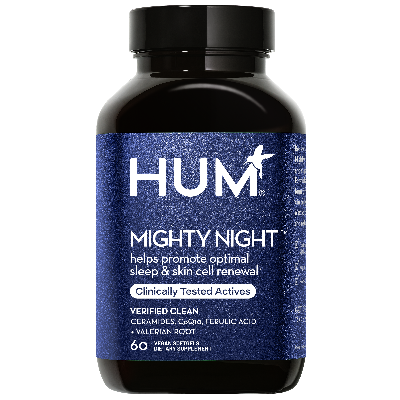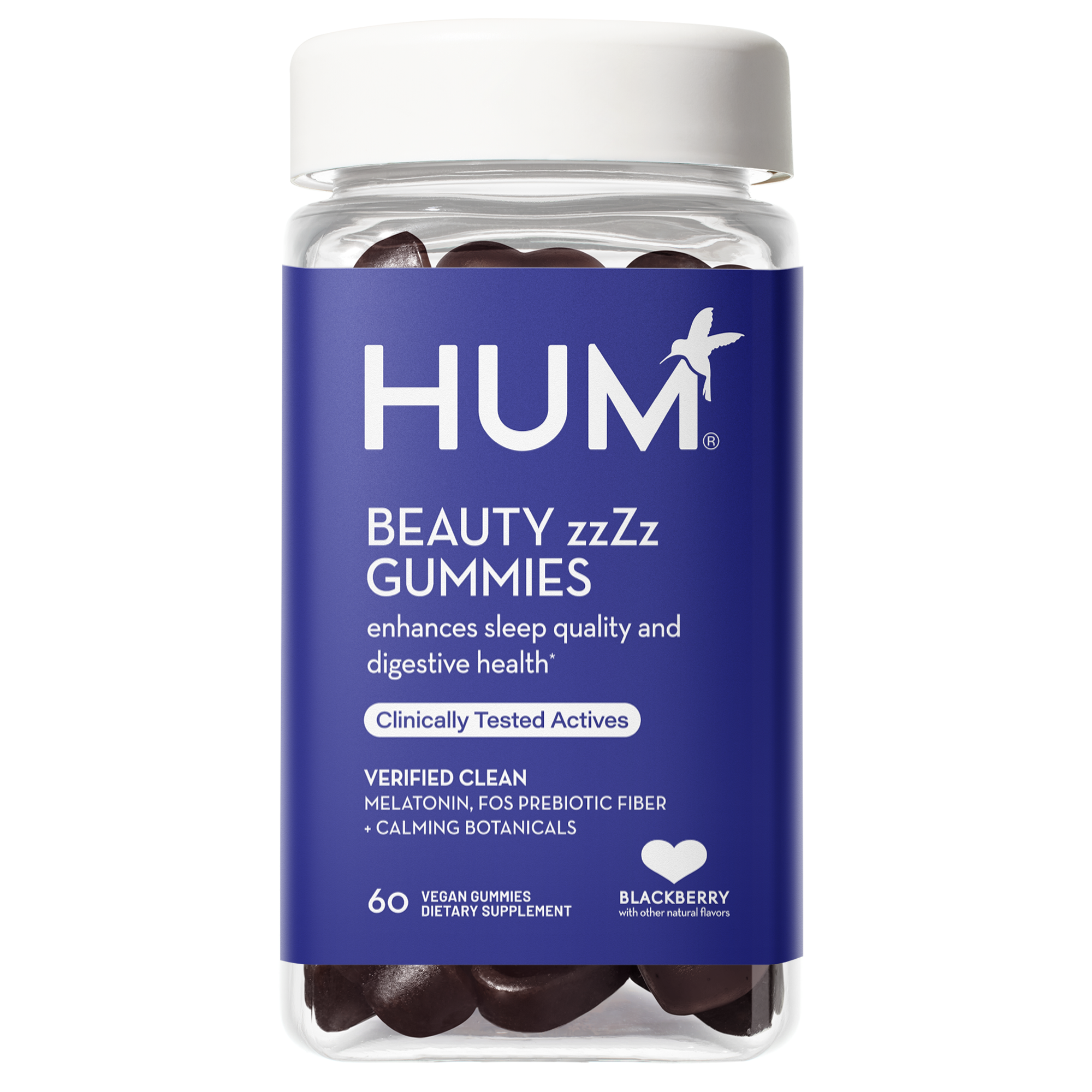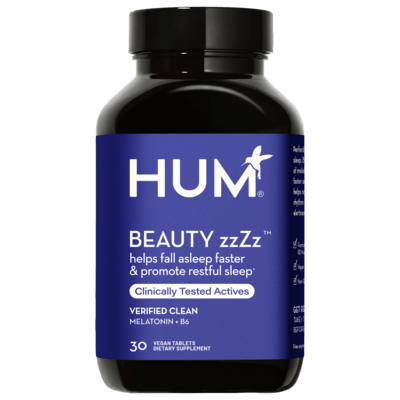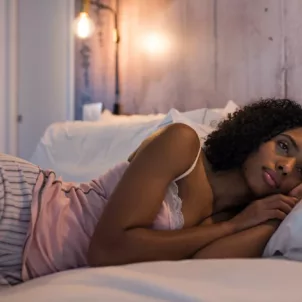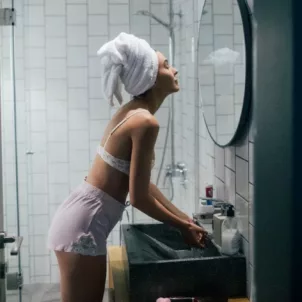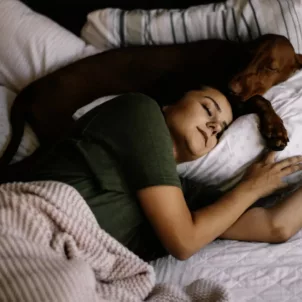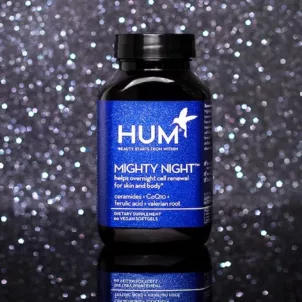ICYMI, beauty sleep is legit—but you’ll need to get enough high-quality shuteye night after night to truly reap its rewards. Here’s what experts want you to know.
The origin of beauty sleep dates back nearly 200 years ago. It refers to the notion that sleeping results in, well… more beauty. But as is the case with skincare products and beauty treatments, sleep won’t make your outer appearance change overnight. In fact, it’s a lot less about looks and more about the overall health of your skin.
Ahead, we’ll break down the science and benefits of beauty sleep to uncover what it really means to get a good night’s sleep,
Why Sleep Is So Important
“Sleep is a restorative process and is necessary for optimal health,” says Shari Sperling, DO, a board-certified dermatologist who specializes in medical and cosmetic dermatology. When we don’t get enough quality sleep, Sperling says the immune system can weaken and hormone regulation can also go awry.
With that in mind, sleep is one of the most important things we can do to keep our bodies healthy and our systems functioning properly. However, it doesn’t just impact the internal systems of the body—it can impact our external factors like the skin, too.
Is Beauty Sleep a Real Thing?
According to Alex Savy, a certified sleep science coach and the founder of SleepingOcean, beauty sleep is absolutely a real thing. But it doesn’t necessarily mean that one good night’s rest can result in a changed appearance. “Restful sleep is needed for proper cell and tissue restoration,” he explains, adding that this also applies to skin cells and hair follicles. “Poor sleep can affect collagen production and the skin’s natural protective barrier function, leading to more obvious wrinkles, dullness, inflammation, and breakouts,” he explains.
One of the leading causes of poor sleep is stress, which Dr. Sperling says can also have a major impact on our looks. When we experience stress, we also rev up levels of cortisol, aka the stress hormone. “When cortisol is elevated, it can result in increased oil production, resulting in breakouts,” Dr. Sperling notes. She explains that increased cortisol might also impact hair, too, since hair loss is often attributed to an imbalance of hormones. With good sleep, you can combat stress and keep hormones (including cortisol) more regulated so that it doesn’t impact the hair or skin.
Sleep is also directly related to the production of collagen and elastin. “When we sleep, the body is producing more collagen and elastin, which are key components in keeping the skin looking firm and resilient,” says Alpana Mohta, MD, MBBS, DNB, a dermatologist at Better Goods.
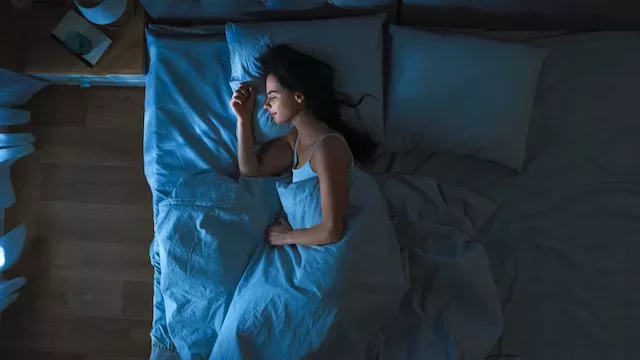
5 Benefits of Beauty Sleep
Sleep is important for every aspect of our body, including our physical appearance. A lack of quality sleep can wreak havoc on the skin, resulting in everything from breakouts to premature signs of aging. But when we do get enough rest, we can help the body regenerate and rejuvenate.
These are the biggest benefits of beauty sleep, according to experts.
1. Sleep Targets Inflammation
Inflammation can show up in the skin in form of rashes, breakouts, and redness. While there are topical ways to address each, one of the best ways to combat them is through sleep. “Sleep helps to reduce inflammation and oxidative stress, which can cause damage to the skin over time,” says Dr. Mohta.
2. Sleep Helps the Skin Recover
Another benefit of beauty sleep is that it can actually help the skin recover overnight. “Sleep is an important part of skin recovery, as it gives the body time to repair and regenerate the skin,” Dr. Mohta explains. Since the body produces more collagen and elastin while we sleep, the skin can become more resilient through quality rest.
3. Sleep Can Improve the Look of Dark Circles
“A lack of sleep can cause the skin under the eyes to look dull and tired, which can lead to the formation of dark circles,” Dr. Mohta continues. She adds that the body rejuvenates the skin while we sleep, which can actually reduce the appearance of dark circles and “make the skin under the eyes look brighter and more refreshed.”
4. Sleep Can Keep Wrinkles at Bay
One of the biggest ways sleep—or a lack of sleep—impacts the skin is through a cortisol spike. Hadley King, MD, a board-certified dermatologist in New York City, says this can contribute to the development of wrinkles. “Cortisol has been shown to break down collagen in the skin,” she explains, adding that with higher stress comes increased cortisol, which can decrease collagen and elastin over time. When we get quality sleep, our bodies are able to regulate cortisol and keep stress levels down, which can help offset premature signs of aging.
5. Sleep Impacts Hydration
Getting your beauty sleep can also keep hydration levels maintained, as “poor sleep results in poor water balance,” says Dr. King. The lack of hydration can lead to puffiness under the eyes as well as dryness on the skin, and potentially more visible wrinkles.
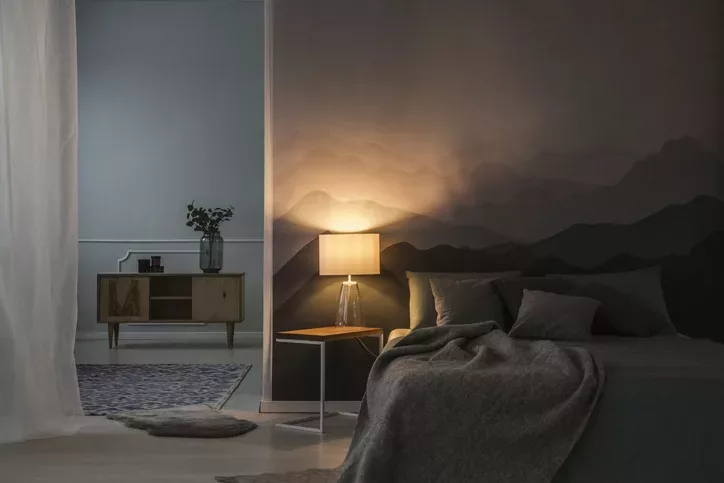
Tips to Boost Beauty Sleep
When it comes to getting enough sleep, the sweet spot of how much you’ll really need can vary for everyone. However, “the recommended amount of sleep is between seven and nine hours for most adults,” Savy shares.
Getting this much sleep begins with your bedtime routine, which can set you up for rest and ease you into slumber. To start, Savvy says to first address stress levels since this can be a leading factor in lack of sleep. Destressing before bed with a nighttime ritual can look different for everyone. “The nighttime ritual can include a warm bath, breathing exercises, stretching, applying skincare or body lotion, self-massage, or journaling,” Savy notes. He explains that these activities are beneficial because “it’s crucial to give the brain some time to ease into a more relaxed mode” before bedtime, as this can promote healthier sleep and better skin and hair restoration.
In addition to unwinding with a bedtime routine, there are a few more tips and tricks that can get you ready for bed and improve sleep quality:
- Reach for a supplement. Certain supplements can also support beauty sleep, including melatonin, which you can find in HUM’s Beauty zzZz and Beauty zzZz Gummies. King also recommends looking for ones with ingredients such as valerian root, which you can find in Mighty Night.
- Eat kiwi. This may sound a like a bit of a stretch compared to traditional sleep hacks, but eating kiwi before bed can actually benefit sleep. “Studies have shown [it] decreases time to fall asleep and increases uninterrupted sleep,” says Dr. King. She recommends eating two kiwi fruits one hour before bedtime to support healthy sleep.
- Minimize light and noise pollution. “Light and noise pollution can have significant effects [on winding down for bed], so it’s important to minimize these as much as possible,” says Dr. King. This can look like putting your phone away one hour before bed, dimming the lights in your home to a more relaxing ambiance, and avoiding music that stimulates the body and mind.
